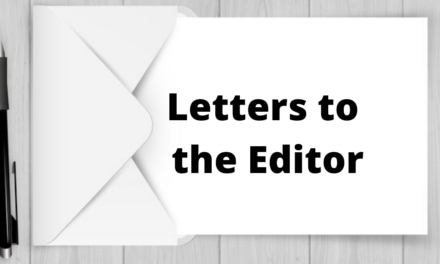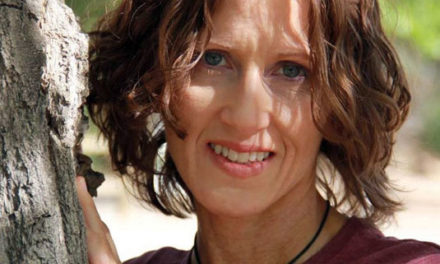When you see someone who is different from you, what do you see? Does different mean dangerous? What about someone with piercings and tattoos? Do you steer your shopping basket in the other direction and hold your wallet a little tighter?
What about someone who is panhandling? Do you write them off as dirty, a druggie, a scammer, too lazy to work or just plain crazy?

Miles Tafoya
Magistrate, Division 1
We make decisions like these everyday subconsciously, even though they may be contrary to our values and beliefs. Does it make you a bad person if that is the first thing that comes to mind? Of course not. These biases come from how we were raised, what we experience and what we see. Most of the time, we have no clue that they are affecting our decisions. It is called implicit bias.
I recently completed an interesting class where the topic was implicit bias, which is an unconscious assumption or stereotype that resides in our minds and affects our actions or inactions. Let me give you a couple of common examples: How often do we see homeless people depicted in movies or in the media? Is it ever positive? I can’t say I have seen any movies or read many news articles about people getting out of homelessness. It does happen, but it doesn’t usually make the headlines.
We may have read reports about homeless people being either drug addicts or crazy so many times that our subconscious picks up on the pattern. We then equate homelessness to drugs and mental issues, which, in turn, becomes stored in our brains, filed under “avoid at all costs,” failure, danger or unhealthy.
Implicit bias spills into everyday interactions with people. Picture this: You are running late, the kids are not listening and you were supposed to be where you are going 20 minutes ago. Traffic is heavy but you finally get a chance to move over a lane and get around the car in front of you only to find out there is a slower car in that lane and now you are stuck behind it. You finally get to pass this slow-moving car after what feels like an eternity.
You look at the driver as you pass and notice an older person behind the wheel. As you pass them, you declare, “Come on! They are too old to be driving. They need to have their license taken away.” Think about what your kids just heard. Like a sponge, they absorb that information and store it as “old people are bad drivers.” You are subconsciously teaching them a bias against older people.
If they hear it enough, when they start to drive, they may think that all older people are bad drivers. You have unintentionally transferred your implicit bias to your kids, putting an entire group into a box, despite the truth of the matter.
Again, these biases are unconscious beliefs that most people do not realize they have. We may have bias about someone’s race, religion, gender, sex, social class, disability, weight or age, but we prefer to think we treat everyone by the golden rule.
It is incredibly hard to be unbiased in everyday dealings with people. We make so many decisions that we need to rely on our subconscious to establish some patterns to help us make decisions. Some experts have estimated that humans, on average, make more than 35,000 decisions in a single day. Can you remember the 35,000 decision that you made today?
What can we do to change these biases? The first part is to recognize they are there and what they are. In doing this, you can make your decisions with that extra information, which makes all the difference. I learned I’m probably not going to have an “ah ha moment,” where the light goes on and I think I’m making a decision based on implicit bias, but just knowing they may exists helps me make better decisions.
I am, by no means, an expert on this subject. I urge you to do your own research and see what you can find. Harvard University has a helpful website that you can use to help you find any implicit biases that you may have. The website is implicit.harvard.edu/implicit/selectatest.html or you can type in “implicit bias test” in your internet browser and look from there.
So, the next time you catch yourself making assumptions about someone, stop to recognize you might be relying on implicit bias rather than facts. Remember there is always more to their story than what meets the eye. When we understand each other better, we grow stronger as a community and we teach our children a better way.
(Judge Miles Tafoya is a magistrate in Los Lunas. He is a lifelong resident of Valencia County and was a sergeant in the U.S. Army.)















